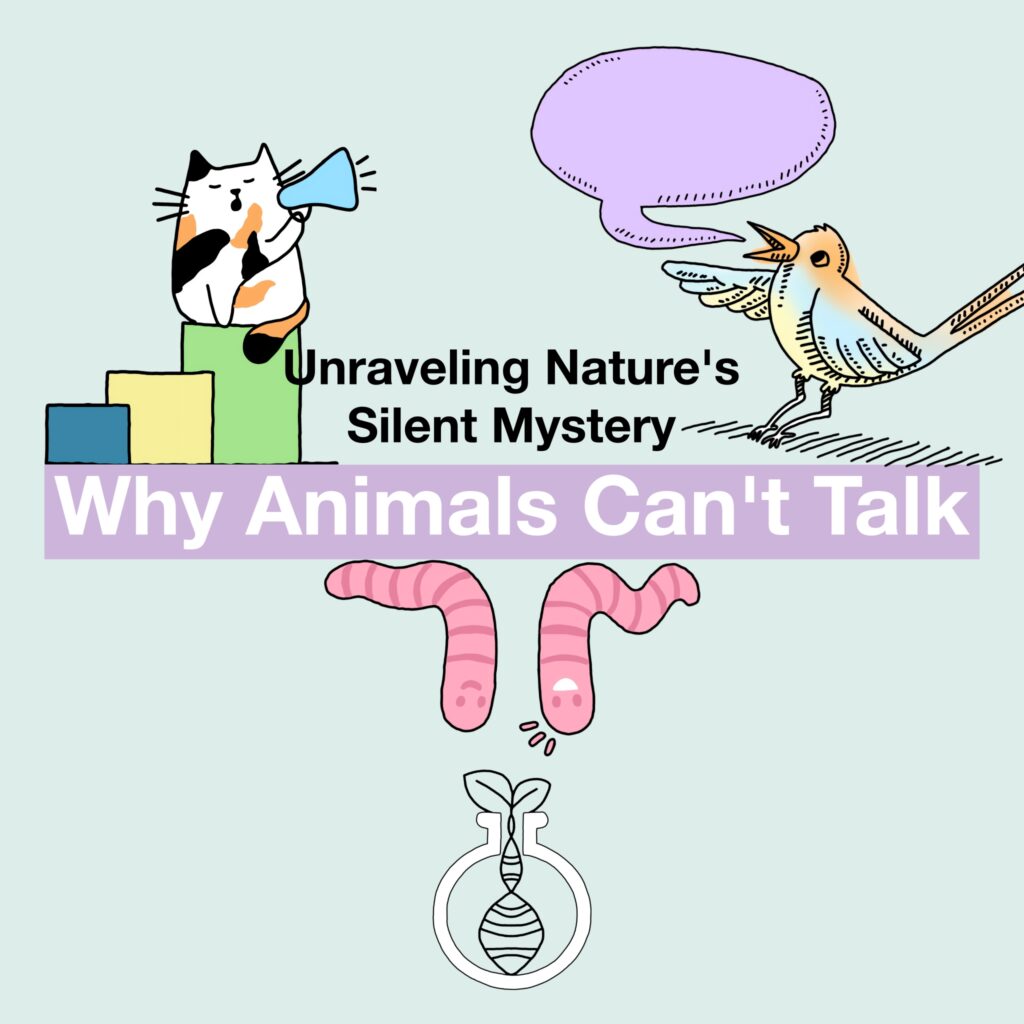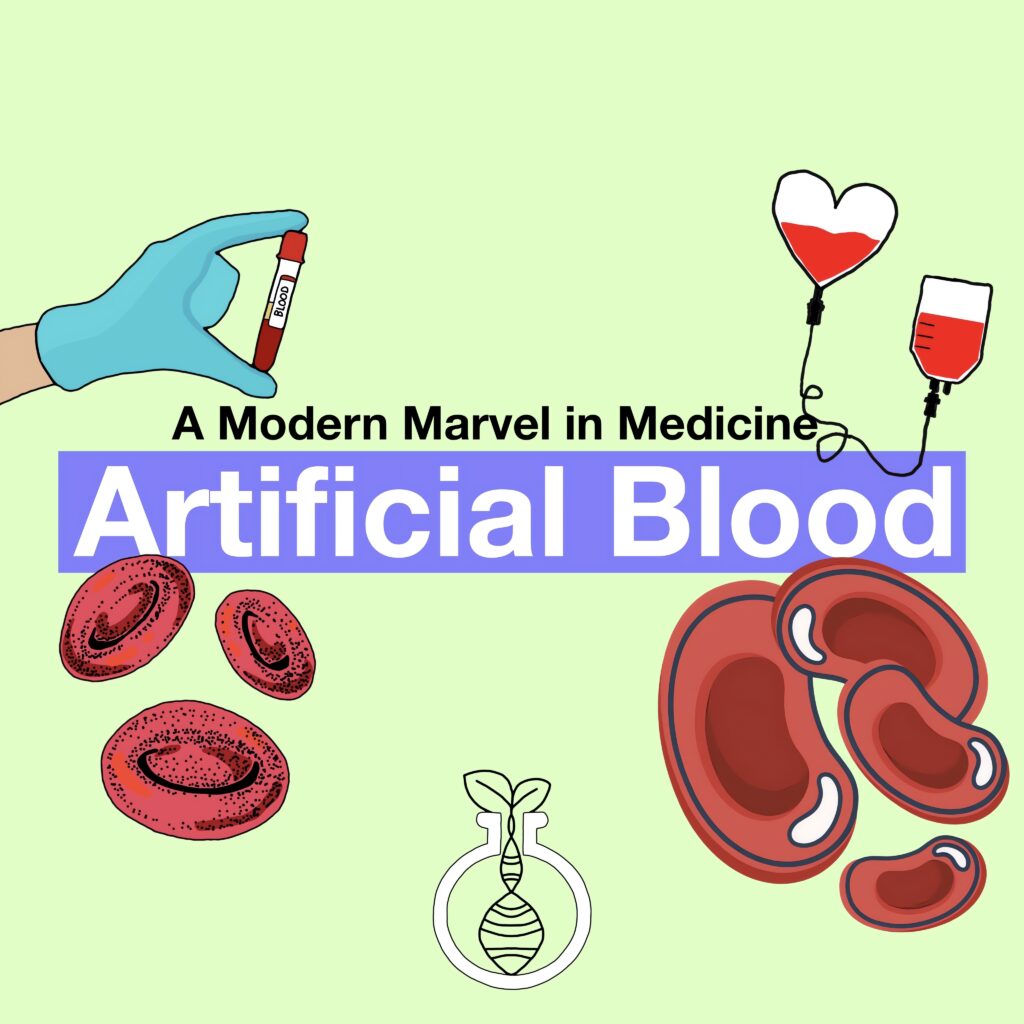Aging is an inevitable process, cells wear down, organs lose efficiency, and eventually, the body succumbs to time. But what if aging wasn’t inevitable? What if the biological clock ticking away inside each of us could be rewound? At the heart of this mystery lies a microscopic structure: telomeres. These tiny protective caps on the ends of our chromosomes may hold the secret to extending lifespan and even reversing aspects of aging.

What Are Telomeres, and Why Do They Matter?
Telomeres are repetitive DNA sequences that protect chromosomes from damage during cell division. Think of them as the plastic tips on shoelaces, without them, the laces (or chromosomes) fray and break down. Each time a cell divides, telomeres get shorter, like a candle burning down with every passing moment. Eventually, they reach a critical length where cells can no longer divide properly, leading to cellular aging, dysfunction, and, ultimately, death.
Telomere shortening has been linked to numerous age-related diseases, including cardiovascular diseases, neurodegeneration, and weakened immune function. Imagine a book with missing pages, over time, the story becomes incomplete and unreadable. This is what happens to our cells when telomeres wear down, disrupting their function and accelerating aging. But could there be a way to slow this process, or even hit the rewind button?

Telomere Shortening & Age-Related Diseases
1. Vision Loss & Age-Related Macular Degeneration (AMD)
One of the most common causes of blindness in older adults is AMD, which affects the macula, the central region of the retina. Studies have shown that patients with AMD exhibit multiple markers of cellular senescence, suggesting a strong link between telomere dysfunction and retinal degeneration. If telomeres are the guardians of our DNA, their gradual disappearance leaves our cells defenseless against damage. Some early research suggests that activating telomerase, the enzyme that replenishes telomeres, could potentially restore some macular function.
2. Fertility Decline
Infertility affects up to 25% of couples, and advancing age plays a significant role in reproductive decline. In women, shorter telomeres have been observed in oocytes (egg cells), which can lead to chromosome instability and increased risk of miscarriage. In men, shorter telomeres in sperm have been linked to poor sperm quality and infertility. Think of telomeres as an hourglass counting down the fertility window, when they shorten beyond a certain point, the chances of conception drop dramatically.
Can We Reverse Telomere Shortening?
The idea of halting or even reversing telomere shortening has led to groundbreaking research in potential therapies. Scientists are exploring several promising approaches:
- Telomerase Activation: Telomerase, the enzyme that rebuilds telomeres, is naturally active in embryonic stem cells but largely turned off in adult cells. Reactivating telomerase through genetic or pharmacological means has shown promise in preclinical models, extending lifespan and improving tissue function. Imagine a factory that repairs worn-out machinery, this is what telomerase does for our cells. However, uncontrolled activation carries a risk, like a car with no brakes, excessive cell division can lead to cancer.
- Hormonal Therapy: Androgen therapy, particularly with danazol, has been used in treating aplastic anemia and may also help extend telomere length in certain patients.
- Natural Compounds: Some plant-derived compounds, such as TA-65, claim to boost telomerase activity, though their clinical effectiveness remains under investigation. These compounds are often marketed as the biological equivalent of an anti-aging elixir, but their real effects are still being studied.
- Gene Therapy & Telomerase Delivery: Advanced techniques using viral vectors to introduce telomerase into cells have shown success in animal models, offering hope for future human applications. This would be like recharging a phone battery indefinitely, preventing the gradual decline of cellular function.

The Future of Longevity: A Breakthrough or an Impossible Dream?
The pursuit of longevity has captivated human imagination for centuries, and telomere research brings us closer than ever to making that dream a reality. But is it truly possible to extend life indefinitely?
While telomere-targeting therapies offer exciting possibilities, they come with challenges. Telomerase activation, for example, is a double-edged sword, while it can extend cell lifespan, it also raises concerns about uncontrolled cell growth and cancer. Additionally, telomere biology in humans differs from that of commonly used animal models, complicating the translation of research into viable treatments.

However, new breakthroughs continue to emerge. Antisense oligonucleotides (ASOs), which specifically target dysfunctional telomeres, have shown promise in preclinical studies. By selectively inhibiting DNA damage signals at telomeres, ASOs may provide a safer way to mitigate aging without increasing cancer risks.
Could we one day live for 150 years? 200 years? Some scientists believe that by manipulating telomeres and other cellular aging factors, extreme longevity, or even biological immortality, might be within reach. Others argue that aging is far more complex than just telomere length, involving metabolic, genetic, and environmental factors that must also be addressed.
Final Thoughts
Telomeres are at the core of the aging process, and understanding them could revolutionize medicine. While immortality remains out of reach (for now), telomere-based therapies could offer extended healthspan, delaying age-related diseases and improving quality of life. The key to longevity may not be found in a mythical fountain of youth, but rather in the microscopic ends of our DNA.
Special thanks to Eve for her incredible sketches that bring our articles to life!
We got inspired by those articles to create this content


My name is Ali Emre Cabadak, a dedicated biology enthusiast currently pursuing my studies at Marmara University, where I am majoring in Bioengineering. As a passionate advocate for scientific discovery and innovation, I am the founder of Biologyto. My goal is to bring the wonders of biology closer to everyone and inspire a new generation of thinkers and innovators. Through Biologyto, I aim to write scientific articles that delve into the fascinating world of biology, sharing insights and discoveries that inspire curiosity and innovation.





